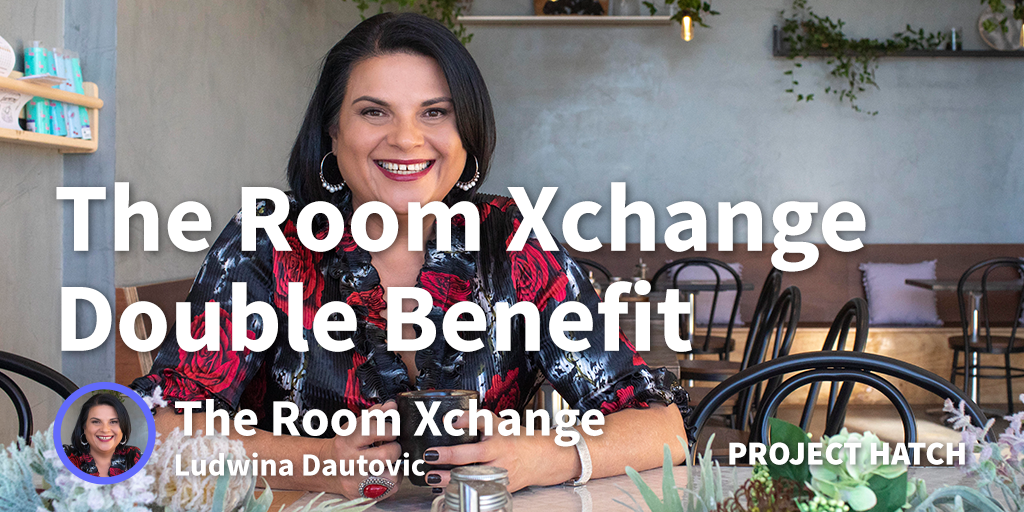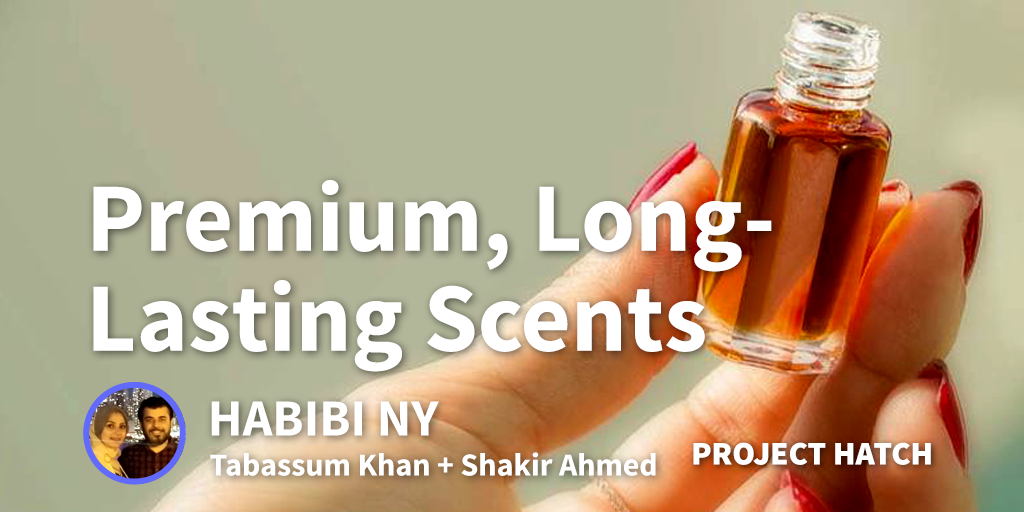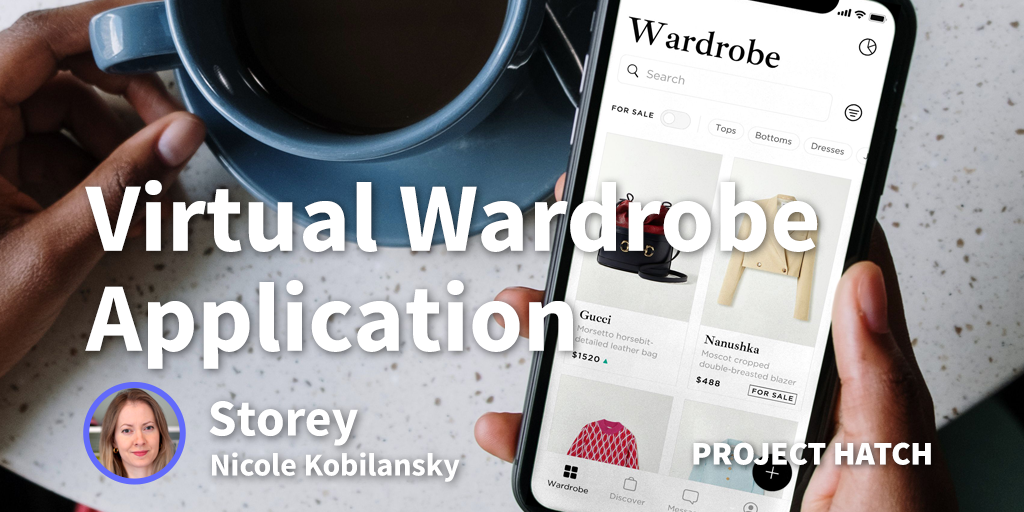The idea for The Room Xchange evolved naturally. After my eldest child left home, I cried for a year every time I walked past his empty bedroom, a feeling many parents experience when their children leave home.
After a year, I recognised its revenue generating potential and, wanting to do something practical with it, I did what most people would and listed it on Airbnb. It was amazing. I loved the random nature of people from all walks of life coming to stay with me. I engaged in really interesting conversations and was able to grow and learn from other people who I might not have usually had the opportunity to meet. However, the four hours it took me to get my entire house ‘hotel ready’ for each guest wasn’t worth the $50 a night I was being paid for a guest.
We then started to have young adult friends of our children who were travelling come and stay. They liked it so much they often wanted to stay longer, using our home as a base, but their limited finances often made it uncomfortable and unfeasible for them.
For me, too, I much preferred for them to feel at home, eat what they liked, and come and go as they pleased, without feeling any financial pressure. As a busy entrepreneur, I realised I could do with some help around the house, so I just offered an ‘Xchange’ as an option.
It was so well received it became an ongoing experience over the next four years with several people staying in our home at different times.
Was it a lightbulb moment or gradual process?
It was a gradual process over a period of time. As we continued to create our own Xchanges at home, friends and associates began asking for advice about how to source and host their own guests. As an entrepreneur, I take notice of comments like this.
By the time I’d heard it five times, I realised what a great idea it was and that there might be something in it.
How did you get your first three sales?
We offered our service to a certain number of people for free for a year. In that time, we worked closely with those hosts and guests to find out what worked, what didn't and how we could improve our service offering. They all provided us with a number of video testimonials that we then used to promote to our database and social media. Once the platform was finished and able to take payment, we were in a great position to start trading.
How did you validate the idea?
When we decided to give it a shot, I built a rudimentary wordpress website so we could test the concept. We managed to find a small group of hosts and guests, who were an ideal match. They Xchanged for a period of time and provided us with much needed insights into the experience. It was only a small test, but enough to give us the confidence to go ahead.
Did you have any experience/expertise in the area?
I have been working in digital since its inception. Over the years I have consulted as a business advisor for a number of companies assisting them with building online brands and being a voice in their market. I’ve also previously invested in tech companies in the years leading up to launching The Room Xchange, and had assisted one in raising capital. It seemed like the next logical step in the evolution of my entrepreneurial pursuits.
Who is your target demographic?
Our target demographic is two fold - hosts, and guests.
Our hosts are households who are time poor and/or in need of household support. They consist mainly of busy professionals and families. We also have empty nesters and able elderly people who have large homes to manage.
Our guests consist of people who are looking to reduce their cost of living and who are willing and able to contribute to their host’s household in some way. The are usually university students, travellers, young entrepreneurs, and people who are in between stages of life and who need a soft place to land for a while.
How did you fund the idea initially?
At the beginning we self-funded. I re-mortgaged my house at the age of 50 and backed myself.
Where did you meet your co-founder/founding team?
I am the only founder of the company. I never felt like I needed to have a co-founder as I had a great leadership and advisory team to support me from the get go.
Any tips for finding first employees?
Finding the right people for your team is imperative. You spend so much time with them that you want to ensure that they not only have the right skills you require, but can complement you in your role as CEO. Being skilled across other areas is also helpful at this stage as we are usually wearing multiple hats.
I also find it valuable to have people who can push back and stand their ground as much as I do and to know when it’s time to let something go. There is a fine line between being assertive and knowing when to back down. I also like working with people who I enjoy being around. You spend so much time with them through the development of your business, so you want to make sure they’re people you like to spend time with and who you respect.
What was your first major obstacle and how did you overcome it?
Raising our first round of capital was a massive challenge. We were on the cusp of social enterprise. No-one had really heard of the term ‘Xchange’ yet. I spent 8 months pitching to various investors up and down the east coast of Australia. At that time, investors were mainly interested in things above or below the ground. (Buildings or minerals) I kept hearing ‘It's a great concept; come back in Round 2." They didn't understand or believe that a business that had no hard assets could make money. I got sick of hearing that and I wondered why they were so sure I’d go back to them in Round 2 if they didn't invest in Round 1?
So I put on my own pitch event! I hired a pub in South Melbourne, invited a bunch of influencers, supporters of our brand, investment funds who had been following me, friends and family. I had some major players speak on my behalf and essentially endorse The Room Xchange. I then got to speak for 40 minutes as opposed to 10 minutes which is usual for pitching. Overnight I received four offers for meetings and on Friday that week I closed the deal. We raised our capital and we did it my way.
Did you run any companies prior?
I have been an entrepreneur for most of my adult life. I’ve never had a day job. I began in hospitality as a young adult. When I started my family in my mid 20’s, I began looking for things to do that would allow me to be at home with my children. Being self-employed seem to be the logical approach. I haven’t looked back.
What motivated you to start your own business?
What motivated me to start this particular business was to be able to support households and young adults with more balance and less stress in their lives. It costs a lot to live these days for both our hosts and our guests. They are both experiencing housing stress, just in different forms.
Having two adult children in their 20’s has given me first-hand insights into the challenges millennials are facing when it comes to affordable and accessible housing - in Australia where we are based, it’s particularly so.
I always believe that if you want something to change, don’t complain about it; be the change you want to see. So I did.
What were your family and friends first thoughts on your company?
They were really happy for me, so much so that a few of them invested in our first capital raise. It’s humbling to know that people who respect and love you will back you too.
What motivates you when things go wrong? What is the end goal?
I call these experiences, ‘good mistakes’. I value them. They hurt at the time and don’t feel good, but they’re valuable lessons that I never begrudge experiencing. When things go wrong, I take some time out to consider what’s been done, the decisions made that got us there, and what I can do differently so they don’t happen again. The end goal is to learn from them and move on, and move on quickly. I don’t dwell on mistakes.
Do you have any advice for someone just starting out?
Where do I begin?! Make sure that you have a high level of self belief and self confidence. There will be many times that it will be challenged and you’ll question yourself at times. If you can always confidently come back to who you are and why you’re doing what you’re doing, you’ll get through it. If you don’t, you’ll be easily swayed and find it difficult to stand your ground. It’s also vital that you build your resilience muscle. It’s the best friend you’ll have in business.
Also, have a creative hobby that you’re passionate about that has nothing to do with your business or the thinking processes attached to it. I’m an artist. I don’t watch TV at night; I paint instead. My art allows me to relax the part of my brain I use so intently during the day. It allows me to get lost in something other than work. Interestingly, many of my business challenges are solved during these times.
It’s like a form of meditation for me.
Plus it gives me a great sense of accomplishment when I’ve created something from an idea. That’s what business is all about. Having an idea, planning it out, creating a framework, filling in the gaps and completing. That’s art. It’s a discipline to finish something and that’s a great discipline to have.
What marketing channel has driven the most sign-ups?
We have done a great job on content marketing which provides us with some good organic SEO for very little money in comparison to other marketing channels. So Google is our best channel right now.
What is stopping you being 3x the size you are now?
Nothing is stopping me. We just don’t want to grow quickly. We’d rather grow at a steady, manageable rate. Growing a business like this too quickly can kill it as fast as growing it too slowly. We are dealing with people's livelihoods, homes and lifestyle.
We are currently raising our second round of capital for our growth phase. We have now done our user testing with a good number of case studies, gathered data and insights, have substantial user stories, built the technology, legal, financials, executive team in place, marketing and digital tested and ready to go. Once we raise this capital we will be ready to grow it 100 times more!
What are the top apps your business could not run without?
I use Trello for project management. It keeps my sanity and allows me to manage projects with multiple people.
Lastpass for all my password encryptions and storage
Canva for graphic design
Why are they essential?
People rarely consider how challenging it would be for others to access (or shut down if need be) their digital lives, including their business affairs, if circumstances meant that they had to.
For that reason, Lastpass in particular is absolutely crucial to me.
I made a decision while undergoing treatment for cancer nine years ago, that if something were to happen to me, I wanted to make absolutely certain that my executive team and/or family could come in if something were ever to happen to me and be able to take things over.
My master password for Lastpass is stored with my last will and testament at my lawyer’s, so it’s easy for my life partner or my leadership team to gain access if necessary. We’re all human - if something were to happen to you, what would that look like?
What are the next cities/countries you’re looking to expand to?
We have registrations in over 40 countries which has been a pleasant surprise, especially as we’re not advertising outside of Australia! Our international expansion goals will include countries that are the most feasible, accessible and which are open to our business model. We’re initially looking at New Zealand, Canada, the USA and UK.
Would you ever sell the company?
I never know how to answer that question! It depends on a few things. The right offer, the right company offering to buy it, and how much we’re being offered for it!
| Company Name: | The Room Xchange |
|---|---|
| Founder: | Ludwina Dautovic |






